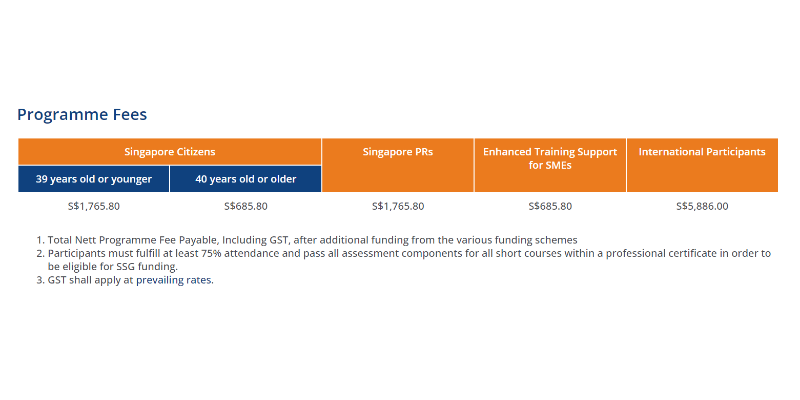Overview
Are you ready to fortify your understanding of cybersecurity from the ground up? Our comprehensive Professional Certificate is tailor-made for those seeking a profound grasp of cybersecurity essentials and the skills to plan and execute vulnerability assessments and penetration tests.
Foundations of Cybersecurity: Uncover the bedrock of cybersecurity in the first course by delving into crucial concepts like cryptography, Public-Key Infrastructure (PKI), secure channels with TLS/SSL, network security protocols, and secure programming. Explore the fundamentals of system vulnerabilities and learn to safeguard against malicious attacks by adopting best practises for protecting your systems. Furthermore, observe and practise several cybersecurity tools to understand how relevant techniques work in practice.
Ethical Hacking and System Hardening: The second course takes a hands-on, practice-oriented approach in understanding how cyberattacks target hosts, networks, and web servers. Actively engage in offensive and defensive tactics using a variety of tools and put the knowledge gained from the first course into practice. Learn to additionally harden your systems using crucial defense measures against potential threats.
Course Description & Learning Outcomes
This programme is designed for those who need to grasp the foundations of cybersecurity, and subsequently plan and conduct vulnerability assessment and penetration testing.
The first course covers the foundations of cybersecurity, and explains important key cybersecurity concepts and basic techniques, including: cryptography, Public-Key Infrastructure (PKI), secure channel using TLS/SSL, network security protocols, access control in Operating Systems, secure programming, as well as Web security. It also illustrates the fundamentals of how systems can fail due to malicious attacks, and how they can subsequently be protected and hardened. Several cybersecurity tools are also used to demonstrate how relevant cybersecurity techniques can work in practice.
The second course is practice-oriented which demonstrates how cyberattacks can target hosts, networks, and web servers. It also demonstrates how the target systems can subsequently be hardened. With its hands-on approach, the course puts cybersecurity knowledge and concepts into practice by employing various offensive and defensive tools in attacking and defending systems, respectively.
At the end of the programme, the learner will be able to:
Explain the CIA security requirements and recognise their breaches in recent security incidents
Describe and apply key concepts and mechanisms of principal protection mechanisms in cybersecurity, such as encryption, authentication, and secure channel
Identify the limitations of classical cryptographic schemes, and also recognize well-known attacks on vulnerable hosts, networks, and web servers
Utilise some basic security tools (e.g., OpenSSL, Wireshark) and security-related Linux commands to perform encryption and network traffic analysis
Pinpoint flaws in programs due to common insecure programming practices, and suggest improvements using more secure practices instead
Explain ethical hacking’s objectives, stages, and available tools
Utilise cybersecurity tools for footprinting and enumerating target systems
Utilise cybersecurity tools for scanning for and exploiting vulnerabilities in target systems
Utilise cybersecurity tools for performing post-exploitation steps on exploited systems
Explain and apply possible counter measures against attacks

Schedule
End Date: 21 Feb 2025, Friday
Location: 11 Research Link, COM 3, 119391 and Online
Pricing

Skills Covered
PROFICIENCY LEVEL GUIDE
Beginner: Introduce the subject matter without the need to have any prerequisites.
Proficient: Requires learners to have prior knowledge of the subject.
Expert: Involves advanced and more complex understanding of the subject.
- Cybersecurity (Proficiency level: Beginner)






